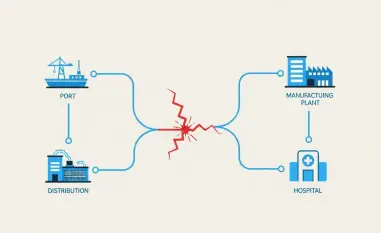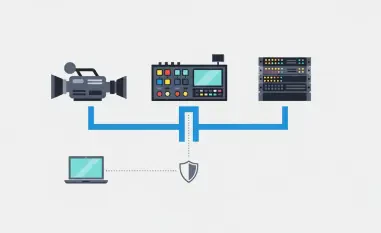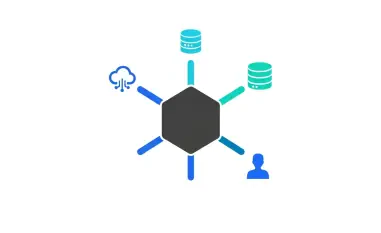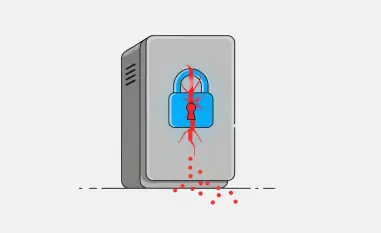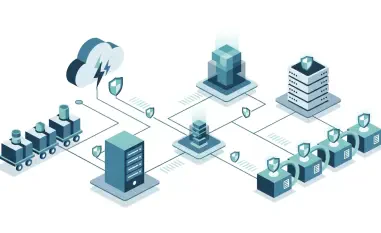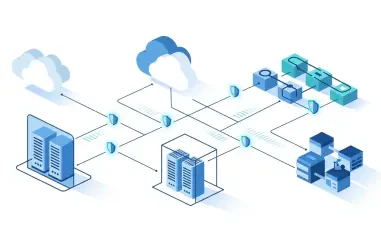Imagine a cyber world where attackers no longer bother with encrypting your files. Instead, they make off with your data, holding it hostage until you meet their demands. Recent developments in the digital underworld suggest that such a scenario is not only possible but is quickly becoming the new normal in ransomware attacks.
A Shift in the Cyber Threat Landscape
In a striking pivot, cybercriminals are increasingly veering away from the traditional model of ransomware, where the encryption of files was the main tool of extortion. This shift was underscored when the infamous group Hunters International transitioned to a new entity named World Leaks, abandoning file encryption in favor of data theft. This paradigm shift in cyber tactics raises the question of whether this is an isolated event or part of a broader emerging trend within the cybersecurity sphere. Given the rapid adaptation of these notorious groups, organizations worldwide need to take note and reconsider their existing cybersecurity frameworks.
The Transformation of Ransomware Strategy
The metamorphosis of cybercriminal outfits like Hunters International into World Leaks marks a significant evolution in ransomware tactics. Initially famous for their ransomware-as-a-service (RaaS) operations under the alias of Hive, they attacked myriad organizations, especially in North America. Their early operations relied heavily on a dual approach of encrypting files and threatening to leak sensitive data. However, their transition to exclusive data theft highlights a shift in their operational strategy. This significant departure from the historical ransomware model is worth analyzing as it signals a new direction in criminal enterprises that prioritize data over encryption.
Understanding the Mechanics of Data Theft
Data theft as a ransomware tactic diverges considerably from classic encryption methods. Instead of locking users out of their systems, groups like World Leaks steal data and leverage it for extortion, bypassing the process of encryption altogether. By listing victims on their Tor-based leak site and threatening to make sensitive information public, these groups extract money from victim organizations. The repercussions for affected entities are substantial, including potential financial losses and reputational damage. Moreover, the logistics of incident response change dramatically when dealing with stolen data instead of encrypted information.
Expert Commentary on Changing Threats
Cybersecurity specialists like Rebecca Moody and Erich Kron have weighed in on this evolving landscape, offering varied insights into the potential ramifications. Moody posits that the release of free decryptors by World Leaks might not significantly affect former victims, as many have likely restored their systems after the cessation of new attacks. She also suggests that other criminal groups may soon adopt World Leaks’ strategies. In contrast, Kron believes that by providing decryption tools, these groups aim to deflect law enforcement actions, as data theft lacks the visible impact of system encryption, thus drawing less scrutiny and potentially lighter penalties.
Protecting Against Data Theft
To effectively shield themselves from this shifting threat paradigm, organizations must adopt comprehensive strategies to curb data theft-focused attacks. Strengthening data security measures is crucial and can be achieved by implementing stricter access controls, regular security audits, and advanced encryption for sensitive information. Additionally, fostering a culture of cybersecurity awareness among employees can drastically reduce vulnerability to data theft. Training sessions and simulated phishing exercises can boost an organization’s resilience against these new-age cyber tactics. Proactive measures will ensure entities are better equipped to preempt and adapt to emerging threats.
Navigating the Future of Cybersecurity
As cyber threats continue to evolve, organizations find themselves needing to constantly reassess and bolster their security protocols. Data theft, as opposed to traditional ransomware, poses unique challenges, with criminals exploiting the perceived lesser accountability of data breaches. This changing dynamic of cybercrime suggests that future considerations must expand beyond the immediate impact of stolen data, prompting a broader understanding of potential ripple effects. Engaging with experts, investing in cutting-edge technologies, and fostering an adaptable security-minded workforce have become crucial in addressing and mitigating these advanced threats.


